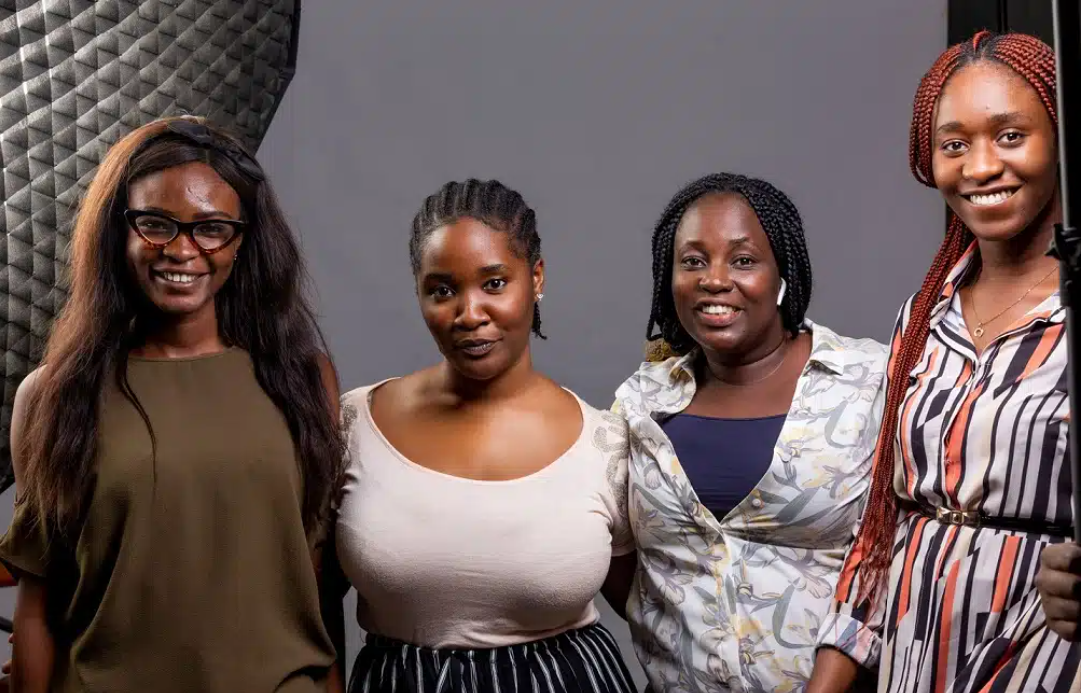Funding for female startup founders in Africa reached a five-year low in 2024, with only $48 million raised, according to data from Africa: The Big Deal. This amount is four times less than what female founders secured in 2023 and marks the lowest figure since the organization began tracking funding in 2019.
By contrast, male-led startups raised over $2 billion last year. Gender-diverse teams performed slightly better than all-female teams, raising $121 million, while solo female founders or all-female teams collectively secured just $21 million.
Sub-Saharan Africa is known for its high rates of female entrepreneurship, yet this is not mirrored in the region’s startup ecosystem. Historically, startups led by women have received less than 5% of the total venture funding. In 2023, for example, 85% of venture funding went to male-led startups, with just 2% going to solo female or all-female teams.
While some of this disparity stems from female founders often pursuing ventures that are not traditionally venture-scale, investor bias also plays a significant role. Venture capital, being a predominantly male-dominated industry, has created additional hurdles for female founders, who frequently face stereotypes and must work harder to prove their businesses are investment-worthy.
Efforts to address this imbalance include initiatives to boost female representation in decision-making roles within the venture capital sector. However, these efforts have yet to produce the desired outcomes.
Sarah Dusek, Managing General Partner at Enygma Ventures, highlighted a lack of familiarity among female founders with the rules and metrics of venture capital as a key challenge. “There are specific metrics that people like me are looking for,” she explained to Techpoint Africa. “Women are more accustomed to grants and debt financing, leaving them at a disadvantage in the venture capital space.”
June Angelides, founder of Levare Ventures, echoed this sentiment, pointing out that women often underestimate their value when pitching. “Men tend to ask for more funding, while women are more conservative,” she noted.Despite these challenges, there are signs of progress. Investors are increasingly recognizing the value of gender-diverse teams. Dedicated funds for female founders are being established, and some venture capital firms are proactively working to include more women-led startups in their portfolios.
For African female founders, the path to equitable funding remains steep, but the growing awareness and targeted initiatives offer hope for a more inclusive future in the startup ecosystem.




